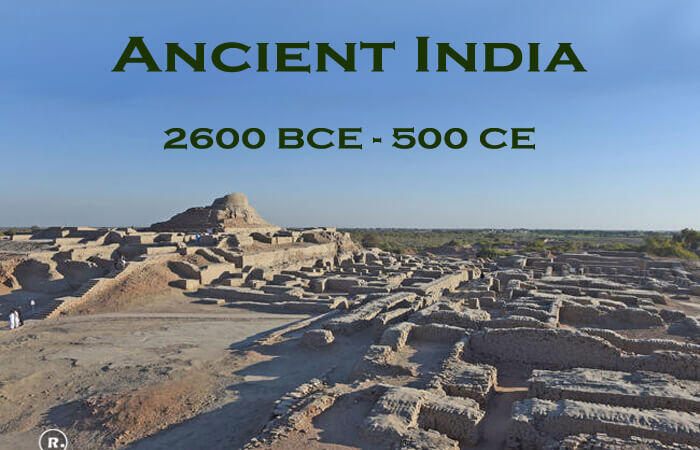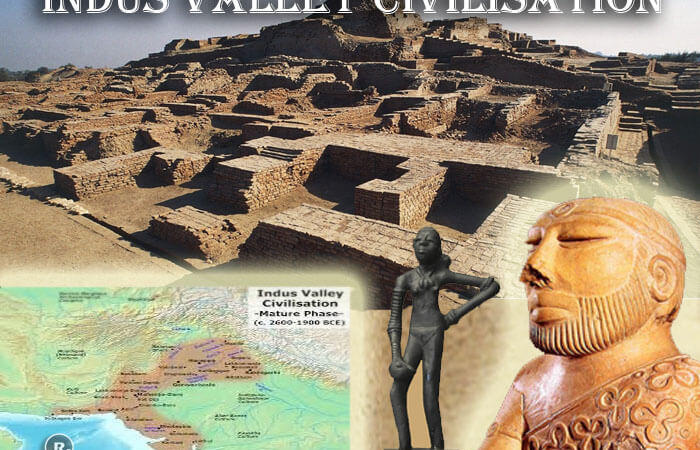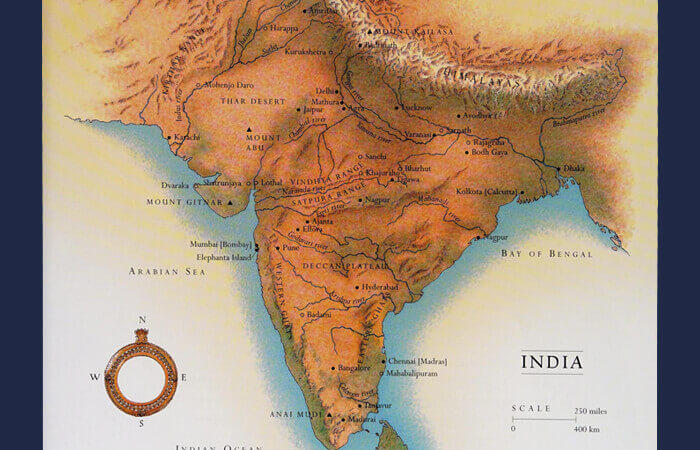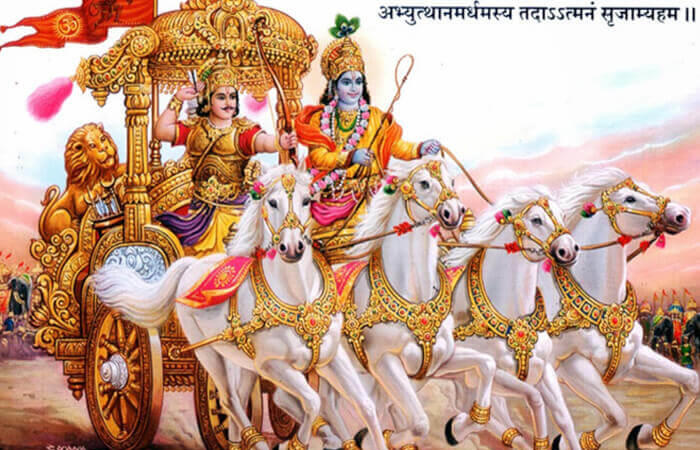Maharana Pratap
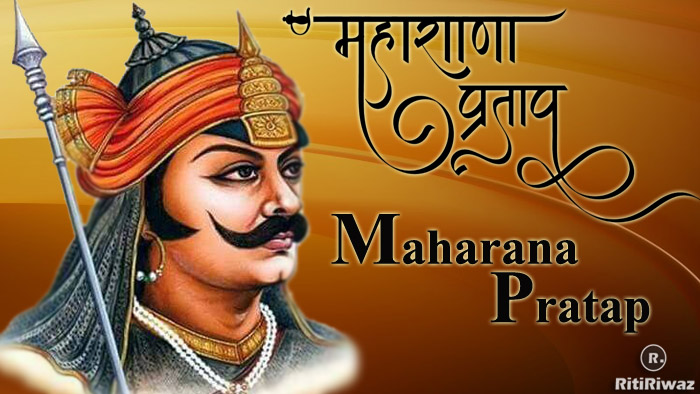
Maharana Pratap (May 1542 – January 1597) was a ruler of Mewar, a state in north-western India. He belonged to the Sisodia clan of Suryavanshi Rajputs. The epitome of fiery Rajput pride and self-respect, Pratap has for centuries exemplified the qualities that Rajputs aspire to.
As per records Maharana Pratap was born on May 9th, 1540, however, the birth anniversary of Maharana Pratap is celebrated as per the Hindu calendar which was Tritiya, Jyeshtha, Shukla Paksha, 1597 Vikram Samvat when Maharana Pratap was born.
Hence every year the date varies in 2023 Maharana Pratap Jayanti is on 13th June.
Accession
Maharana Pratap was a son of Maharana Udai Singh II, who was the father of twenty-five sons. The male-line descendants of Udai Singh II bear the patronymic “Ranawat“. In 1568, during the reign of Udai Singh II, Mewar was conquered by the Mughal emperor Akbar. The third Jauhar of Chittor transpired, with the ladies of the fort finding “safety from personal dishonor in the devouring element (fire),” while the remaining menfolk sallied forth to certain death in the battlefield.
Prior to this calamity, Udai Singh and his family had fled to the safety of the nearby hills. He later moved base to another location in the foothills of the Aravalli Range. This new base gradually became the city of Udaipur, named after him. Udai Singh wanted Jagmal, his favorite son, to succeed him. However, with the help of senior nobles, Pratap took over the responsibility of leadership in 1572. It was the beginning of a career of struggle and hardship.
The Chittor fort
Chittorgarh (Chittor fort), Pratap’s ancestral home, was under Mughal occupation. Living a life on the run, the dream of reconquering Chittor (and thus reclaiming the glory of Mewar) was greatly cherished by Pratap, and his future efforts were bent towards this goal.
Nearly all of Pratap’s fellow Rajput chiefs had meanwhile entered into the vassalage of the Mughals. Even Pratap’s own brothers, Shakti Singh and Sagar Singh were serving Akbar. Indeed, many Rajput chiefs, such as Raja Man Singh of Amber, India|Amber (later known as Jaipur) were serving as army commanders in Akbar’s armies and members of his council. Akbar sent a total of six diplomatic missions to Pratap, seeking to negotiate the same sort of peaceful alliance that he had concluded with the other Rajput chiefs. Pratap roundly rebuffed every such attempt.
For the new capital-Udaipur, Maharana Udai Singh constructed a water reservoir–Udai Sagar in 1565. It was on its dam that in June 1573 Kunwar Man Singh of Amber, as the emissary of Mughal Emperor Akbar, arrogantly demanded that Maharana Pratap should give up protocol and be present at the feast in his honor. Pratap and Man Singh were of the same age, both were born on May 9, 1540, but one was king and the other a prince! Pratap, following the protocol, sent his son Kunwar Amar Singh to dine with Kunwar Man Singh Akbar’s special envoy. This incident precipitated the Mughal-Mewar conflict.
(Man Singh was a Kunwar, his father Raja Bhagwan Das led another unsuccessful peace mission to Rana Pratap in October 1573 at which Rana Pratap was personally present. Raja Bhagwan Das and Kunwar Man Singh won Kashmir for Mughals in 1586, that is Man Singh was NOT the Raja of Amer, later Jaipur, till 1586. Man Singh has confined the title of Mirza Raja in 1590.
Battle of Haldighati
On June 21, 1576 (June 18 by other calculations), the two armies met at Haldighati, near the town of Gogunda in present-day Rajasthan. While accounts vary as to the exact strength of the two armies, all sources concur that the Mughal forces greatly outnumbered Pratap’s men. The battle of Haldighati, a historic event in the annals of Rajputana, lasted only four hours. In this short period, Pratap’s men essayed many brave exploits on the field. Folklore has it that Pratap personally attacked Man Singh: his horse Chetak placed its front feet on the trunk of Man Singh’s elephant and Pratap threw his lance; Man Singh ducked, and the elephant driver was killed.
However, the numerical superiority of the Mughal army and their artillery finally began to tell. Seeing that the battle was lost, Pratap’s generals prevailed upon him to flee the field so as to be able to fight another day. To facilitate Pratap’s escape, one of his lieutenants, a member of the Jhala clan, donned Pratap’s distinctive garments and took his place on the battlefield. He was soon killed. Meanwhile, riding his trusty steed Chetak, Pratap made good his escape to the hills.
But Chetak was critically wounded on his left thigh by a Mardana (Elephant Trunk Sword) while Pratap had attempted to nail down Man Singh. Chetak was bleeding heavily and he collapsed after jumping over a small brook a few kilometers away from the battlefield. While Pratap’s General donned Pratap’s clothing and armor, it went unnoticed thanks to the chaos of the war but for two Turkic peoples|Turk knights from the Mughal army. They could not communicate it with others in their group, due to the linguistic barrier (the appropriate language would have been Persian, Marwari, or Arabi). They immediately followed Pratap without wasting time.
The moment they started chasing him Pratap’s younger brother Shaktisingh who was fighting from the Mughal side (he had some disputes with Pratap at the time of Pratap’s coronation; hence he had defected and gone over to Akbar’s court) realized that his own brother was under threat. Pratap’s general’s sacrifice had already been discovered by him. He could not help but react against a threat to his own brother. He followed the Turks, engaged them in single combat, and killed them. In the meanwhile, Chetak collapsed and Pratap saw his brother Shaktisingh killing the two Mughal riders. Saddened by the loss of his beloved general and horse, he embraced his brother and broke into tears. Shakti Singh also cried and asked for his brother’s pardon, for having fought as his enemy. Pratap pardoned him (later on he was given a huge estate near Chittor). Shakti Singh offered him his own horse and requested him to get to a safe place. This incident is famous in Rajasthani folklore, a song “O Neele Ghode re Aswar” (O Rider of the Blue Horse) mentions it.
The impact of the battle on the Mughal army was also significant. In terms of numbers, the Mughal army suffered heavier losses. This was also because of the intensive arrow showers by the Bhil tribes of the surrounding mountains who had aided with Pratap. To honor their contribution, a Bhil warrior was placed next to Pratap in the Royal Coat of Arms of Mewar.
The battle of Haldighat is considered to be the first Major breakthrough of Rajputs against the Mughals since the Second Battle of Khanwa in 1527, which was fought between Rana Sanga great grand uncle of Maharana Pratap, and the Mughal Babur. It is regarded with a degree of significance by many Rajput families.
Aftermath
Pratap retreated into the hilly wilderness of the Aravallis and continued his struggle. His one attempt at open confrontation having thus failed, Pratap resumed the tactics of guerrilla warfare. Using the hills as his base, Pratap harassed the large and therefore awkward Mughal forces in their encampments. He ensured that the Mughal occupying force in Mewar never knew peace: Akbar despatched three more expeditions to ferret Pratap out of his mountainous hideouts, but they all failed. During this era, Pratap received much financial assistance from Bhamashah, a well-wisher. The Bhil tribals of the Aravalli hills provided Pratap with their support during times of war and their expertise in living off the forests during times of peace.
Thus the years passed. As James Tod writes: “There is not a pass in the alpine Aravalli that is not sanctified by some deed of the great freedom fighter, Maharana Pratap Singh; some brilliant victory or, more often, some glorious defeat.” On one occasion, the Bhils saved the Rajput women and children in the nick of time by conveying them into the depths of the mines at Zawar. Later, Pratap relocated to Chavand in the mountainous southeastern area of Mewar. Still harassed by the Mughals, the exiles survived in those ravines for many years by subsisting on wild berries and by hunting and fishing.
Prithviraj Rathore’s letter
The letter from Prithviraj Rathore was sent to Pratap in poetic language, ran like this.
Patal sun Patshah,bole mukh hunta bayan
Mihir picham dis mahn, uge kasap rao ut
Patakun munchyan pan,ke patakun nij tan karad
Dije likh Deewan,in do mahali bat ik
(The mouth of Pratap has started pronouncing “Badshah“.O Rao has the sun started rising in the west there. Should I keep my hand over my mustache or should my body fall with my own hands? O Deewan write an answer choosing between the two).
Pratap replied to this letter like this.
Turak kahasi turakado,in mukh sun Ikling
Uge jya hi ugasi,prachi bich Patang
Khushi hunt Peethal Kamadh, patako munchyan pan
Jete hai pachatan Pato,kilama sir kewan
(Lord Eklingji will always make my mouth call him “Turk“. The sun will rise in the east always. O Prithviraj Rathore be happy and put your hand on your mustache. Till Pratap stands on his feet, his sword will keep hovering over the heads of the invaders.)
When the exiles were facing the prospect of actual starvation, Pratap wrote to Akbar indicating his readiness to negotiate a treaty. Pratap’s first cousin (his mother’s sister’s son) Prithviraj Rathore, who was one of Akbar’s courtiers, heard of this overture. He is said to have grown despondent and written thus to his cousin Pratap:
“The hopes of the Hindu rest on the Hindu surya yet the Rana forsakes them. But for Pratap, all would be placed on the same level by Akbar; for our chiefs have lost their valour and our females their honour. Akbar is the broker in the market of our race; he has purchased all but the son of Udai (Singh II of Mewar); he is beyond his price. What true Rajput would part with honour for Navroz|nauroza (the Persian new years’ festival, where Akbar selected women for his pleasure); yet how many have bartered it away? Will Chittor come to this market …? Though Patta (an affectionate name for Pratap Singh) has squandered away wealth (on warfare), yet he has preserved this treasure.
Despair has driven man to this market, to witness their dishonour: from such infamy the descendant of Hammir (Maharana Hammir) alone has been preserved. The world asks, from where does the concealed aid of Pratap emanate? None but the soul of manliness and his sword .. The broker in the market of men (Akbar) will one day be surpassed; he cannot live forever. Then will our race come to Pratap, for the seed of the Rajput to sow in our desolate lands. To him all look for its preservation, that its purity may again become resplendent. It is as much impossible for me to believe that Pratap has called Akbar his emperor as to see the sun rising in the west. Tell me where do I stand? Shall I use my sword on my neck or shall I continue my proud bearing?“
Pratap replied to him:
“By my God Eklingji|Eklinga, Pratap would call the emperor Turk alone (the word ‘Turk’ carries a pejorative flavour in many Indian languages) and the sun would rise in the east. You may continue your proud bearing as long as Pratap’s sword dangles on the mughal head. Pratap would be guilty of Sanga’s blood, if he was to tolerate Akbar. you would have the better of it, no doubt Prithviraj, in this wordy quarrel.”
Thus ended the incipient rapprochement between Pratap and Akbar. According to many scholars, this tale may be entirely apocryphal.
Last days
Rana Pratap died of injuries sustained in a hunting accident. He died at Chavand, on January 19, 1597, aged fifty-six. It is said that as he lay dying, Pratap made his son and successor, Amar Singh, swear to maintain eternal conflict against the Mughals. Thus, his strained circumstances did not overpower Pratap even in his declining years; he remained intrepid to the end.
Maharana Pratap is a great hero in the eyes of many Indians and is much respected and loved by his people. During a dark chapter of Rajput history, Pratap alone stood firmly for his honor and dignity; he never compromised his honor for safety. He died a proud and free man.
Character
Before the Battle of Haldighati started, Raja Man Singh|Man Singh Kacchwaha was out hunting with a few hundred retainers. Pratap’s Bhil spies reported this to him at his camp a few kilometers away. Some of Pratap’s nobles suggested that they seize the opportunity to attack and kill Man Singh. Pratap refused, demonstrating his sense of rectitude.
In another incidence, the womenfolk of Abdur Rahim Khankhana, a Mughal officer, fell into the hands of Pratap’s son Amar Singh. At this point of time, Khankhana was actually on the march against Pratap and was camping at Sherpur in order to make preparations for an assault against Pratap. Notwithstanding all this, Pratap commanded his son Amar Singh (eldest of 17 sons and 5 daughters) to arrange for the safe conveyance of the Mughal ladies to their camp. Khankhana was so affected by this incident that he refused to campaign against such a chivalrous monarch. He petitioned Akbar to be relieved of his post and was subsequently (in 1581) appointed guardian of Akbar’s own son, Jehangir|Salim.
Suggested Read: Chhatrapati Shivaji Maharaj

